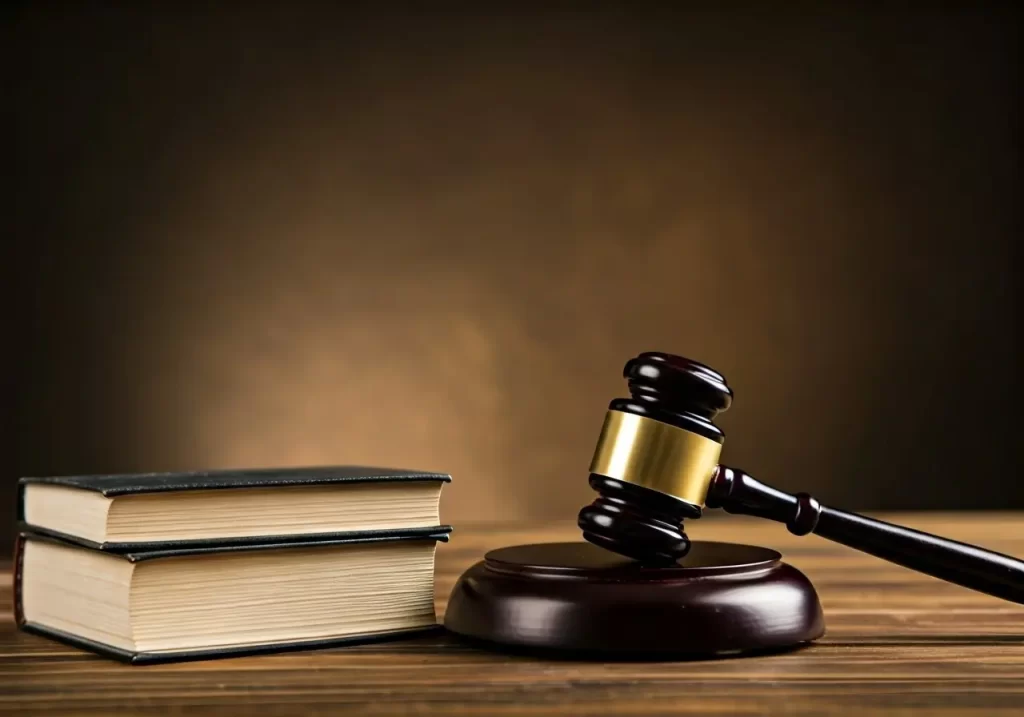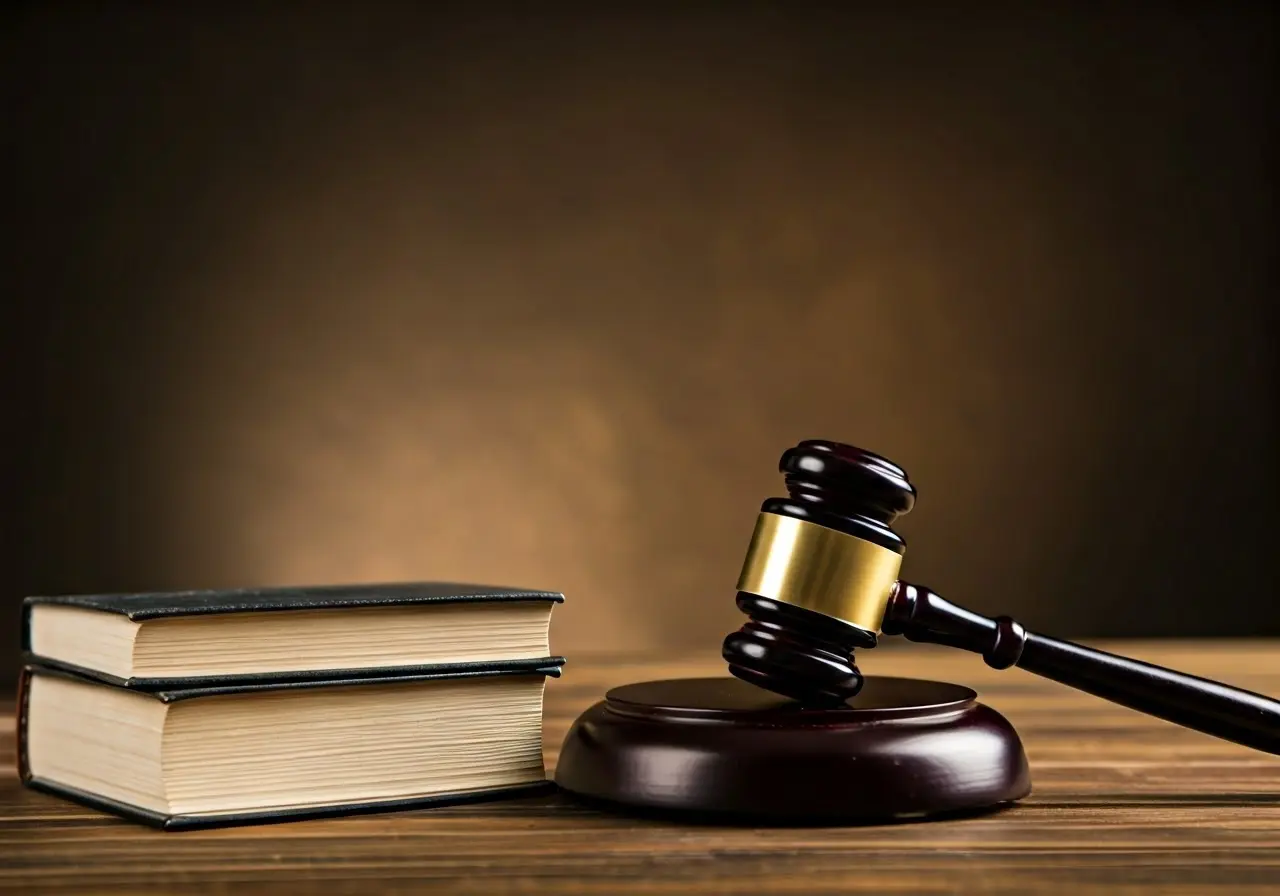Navigating a DUI charge in New Jersey can feel overwhelming. However, understanding your rights and the legal options available to you can make the process more manageable. In this guide, we will break down what you need to know about DUI defense in NJ, ensuring you are well-informed and prepared.
Understanding DUI Charges in New Jersey
New Jersey’s DUI laws are strict and can be complicated to understand. It’s crucial to know the specifics of how DUI is defined in NJ, including the blood alcohol concentration (BAC) limits and the potential penalties involved. In New Jersey, a person is considered over the legal limit if their BAC is 0.08% or higher. However, drivers under 21 may face DUI charges with a BAC of 0.01% or greater, reflecting the state’s zero-tolerance policy for underage drinking. Convictions can result in hefty fines, license suspension or revocation, and even jail time depending on the severity of the charges. Understanding the specifics of these penalties is crucial to fully grasping what might lie ahead if you are charged.
One unique aspect of New Jersey’s laws is its use of implied consent laws, which means that by driving on New Jersey roads, you’ve implicitly agreed to submit to chemical tests like breathalyzers if a police officer requests. Refusing these tests can lead to additional penalties, separate from those associated with the DUI itself. It’s important to distinguish between the administrative penalties that may occur following a test refusal and the criminal charges related to a DUI.
Your Rights When Stopped for a DUI
Knowing your rights during a DUI stop can greatly impact the outcome of your case. From understanding what an officer can and cannot do to knowing your rights concerning searches and tests, being informed is key. During a stop, you have the right to remain silent beyond providing basic identification information such as your name and license. Importantly, you do not have to answer questions about where you have been drinking or how much alcohol you have consumed.
Officers must have a valid reason to pull you over, such as a traffic violation or suspicious driving behavior. If they do not have a justifiable reason, any evidence they collect may not be admissible in court. Remember also, if you are arrested, you have a right to legal counsel and should use this opportunity to consult with an attorney regarding your situation. An experienced lawyer can help you understand if your rights were infringed upon during the stop, potentially impacting the legality of the evidence against you.
Exploring Legal Options for Defense
Once charged, there are multiple legal avenues you can explore to build a defense. Learn the importance of hiring an experienced attorney, the process of gathering evidence, and possible defenses that can be used in your favor. A knowledgeable attorney can help you understand potential defenses such as challenging the legality of the traffic stop, disputing the results of breathalyzer or blood tests, or pointing out any procedural errors that occurred, like mishandling evidence or improper administration of sobriety tests.
Consulting with a DUI attorney immediately after your arrest is a critical step in developing a strong defense strategy. Furthermore, a competent attorney will guide you through plea bargain options, where applicable, which might involve negotiating lesser charges in exchange for certain concessions. It’s also possible to question the reliability of field sobriety tests as evidence since factors like weather conditions, footwear, or medical conditions can affect performance.
What to Expect During the Legal Process
Understanding the legal process after being charged with a DUI can help you prepare for what lies ahead. From arraignment to trial, know what to expect at each stage and how to effectively navigate them. Initially, after your arrest, you’ll undergo an arraignment where charges will be formally presented, and you’ll have the option to plead guilty or not guilty. In New Jersey, this is your first opportunity to seek bail and should you plead not guilty, the discovery phase begins where evidence is exchanged between parties.
Following this, pre-trial motions may address various issues like suppressing evidence or seeking dismissal of charges based on legal rights violations. If unresolved pre-trial, your case may proceed to a bench or jury trial where your attorney will present arguments on your behalf. Ultimately, understanding each of these steps can help you navigate the process with confidence and actively engage in decisions about your defense strategy.
The Role of a DUI Attorney in Your Defense
A skilled DUI attorney can make a significant difference in the outcome of your case. Discover what qualities to look for in an attorney and how they can support you through each step of the legal process. A proficient lawyer often makes use of their extensive knowledge of New Jersey’s DUI laws to craft an effective defense. It’s important to select an attorney who is not only experienced in DUI cases but is also familiar with the local court systems, which can be advantageous when negotiating with judges and prosecutors.
Moreover, an experienced attorney works closely with you to collect and analyze evidence, which may include reviewing police reports, surveillance footage, or witness testimonies. They might also work with expert witnesses who can question the validity of the breathalyzer equipment or blood test results. By comprehensively presenting the facts, an attorney ensures your side of the story is heard, maximizing your chances of a favorable verdict.
Empower Yourself with Knowledge and Legal Support
Facing a DUI charge in New Jersey is undoubtedly challenging, but understanding your rights and exploring your legal options can make a difference in your defense strategy. By seeking the right legal counsel and being aware of the process, you can better navigate through this difficult time. Remember, being informed is your best defense.


